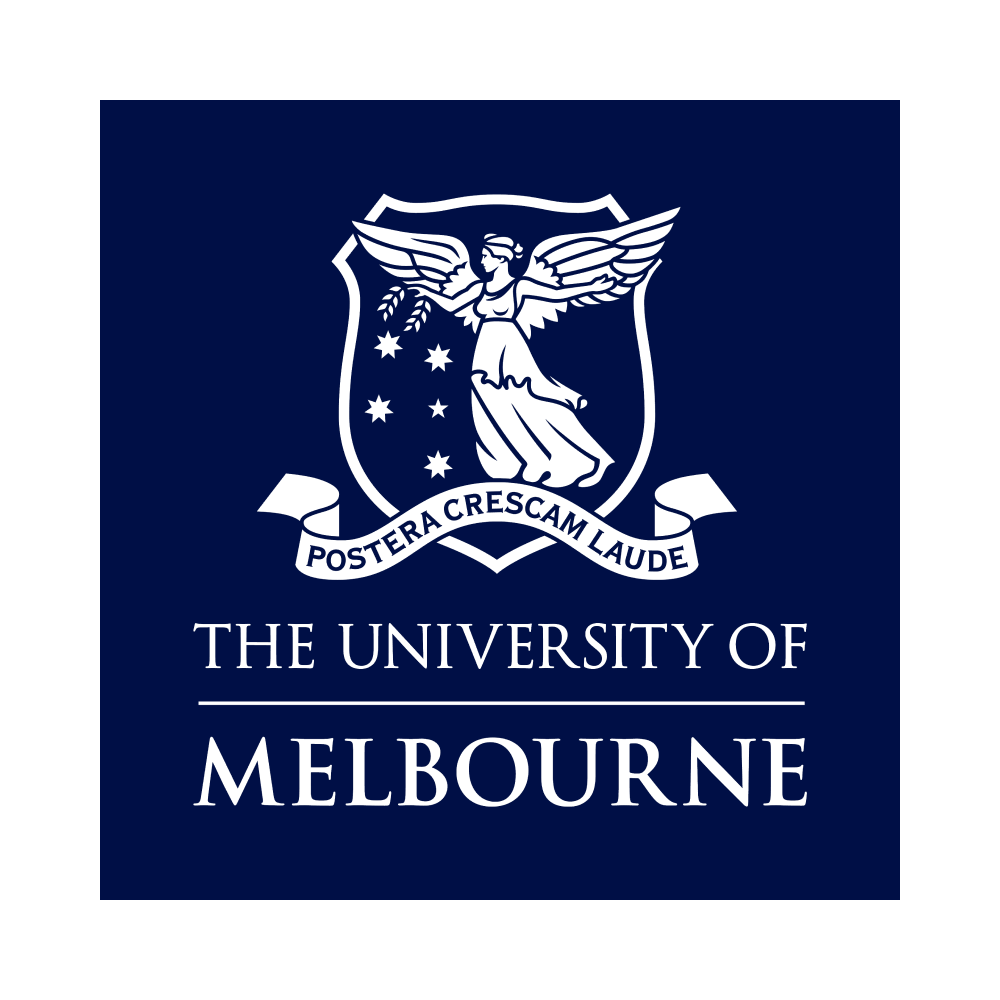University of Melbourne
Master of Law and Development
- Delivery: Face to Face
- Study Level: Postgraduate
- Duration: 12 months
- Course Type: Master's
Explore the role of law in social, economic and political development, equipping students with the knowledge to address global challenges in human rights, governance and sustainable development.

Course overview
The Master of Law and Development allows you to examine the legalisation of development and the role of international and regional actors in law reform projects. It also offers the opportunity to investigate and analyse both international law and the ‘rule of law’ in a developmental context. As a student, you can choose from subjects that take a range of practical, historical, critical, applied and theoretical perspectives.
This course is ideal for those working in international development from a government, non-government or not-for-profit background, as well as for those who wish to undertake specialist study in the area in preparation for a research degree. It’s available for both law and non-law graduates.
Key facts
June, 2026
July, 2026
August, 2026
December, 2026
What you will study
Students must complete 100 credit points in total. Each subject is valued at 12.5 credit points.
Students who do not have a law degree must complete International Law.
- International Law
Entry Requirements
To be considered for entry into this course, you must have completed one of the following:
- A degree in law (LLB, JD or equivalent) leading to admission to practice with a University of Melbourne equivalent score of at least 70.
- A degree in law (LLB, JD or equivalent) leading to admission to practice, or equivalent and two years of documented relevant professional experience.
- An undergraduate degree in a relevant discipline and two years of documented relevant professional experience.
- An undergraduate degree in a relevant discipline; and successful completion of four subjects in a cognate graduate diploma and one year of documented relevant professional experience.
Disciplines directly related to this course include law and development
Professional experience relevant to this course may include roles in international development from a government, non-government, or not-for-profit background.
Meeting the published entry requirements for this course does not guarantee selection.
Where the admission criteria include a minimum Weighted Average Mark (WAM) and/or specific subject criteria, these are based on University of Melbourne grades and subjects. If you've studied elsewhere, the university will assess your relevant prior studies and equivalent grades. Your final WAM may be adjusted depending on your previous institution's accreditation, subject grading and pass marks.
English Language Requirements
All applicants to the University of Melbourne must satisfy the English language requirements. This may be achieved in a number of ways, including recognised previous studies taught and assessed entirely in English or an approved English language test. If you are from a non-English speaking background, the required standard of English for this degree is one of the following English proficiency test scores:
- IELTS (Academic) – 7.0, with no band less than 6.5
- TOEFL – 94+, with writing 24; speaking 20; reading 19; listening 20
- Pearson – 72+, with the written communicative skill of 65 and no other communicative skill below 64
- Cambridge – 185+, with no skill less than 176
Recognition of Prior Learning
Prior studies may be credited towards your degree and potentially reduce the duration of your course. This is known as Advanced Standing (also known as credit or recognition of prior learning). Contact the university for more details.
Outcomes
Learning Outcomes
As a student in the Master of Law and Development, you’ll develop an advanced understanding of the complex body of knowledge in the field of law and development, including:
- The processes and actors involved in the legalisation of development.
- The history and range of rule of law or law reform projects initiated by international and regional institutions.
- The role of international economic institutions in proposing, designing and implementing law reform projects.
- Development strategies enabled or foreclosed by attempts at law reform or legal institutional design.
- The success or failure of particular attempts at law reform or rule of law initiatives.
- Theoretical approaches to understanding and critiquing law and development initiatives.
You’ll also develop skills in critical analysis and the ability to interpret and transmit your ideas to specialist and non-specialist audiences, including clients.
Fees and FEE-HELP
Indicative first-year and total course fee in 2026: $49,984 (domestic full-fee paying place)
Unless otherwise noted, the indicative total course fee shown above assumes a study load of 1 EFTSL (equivalent full-time student load) commencing semester one of the listed year, except for courses with a duration of less than 1 EFTSL.
Fees are subject to annual review by the University, with any new rates effective from the beginning of each calendar year.
A student’s fee may vary depending on:
- The number of subjects studied per term.
- The choice of major or specialisation.
- Choice of subjects.
- Credit from previous study or work experience.
- Eligibility for government-funded loans.
You may also need to pay the student services and amenities fee.
FEE-HELP loans are available to assist eligible full-fee paying domestic students.








